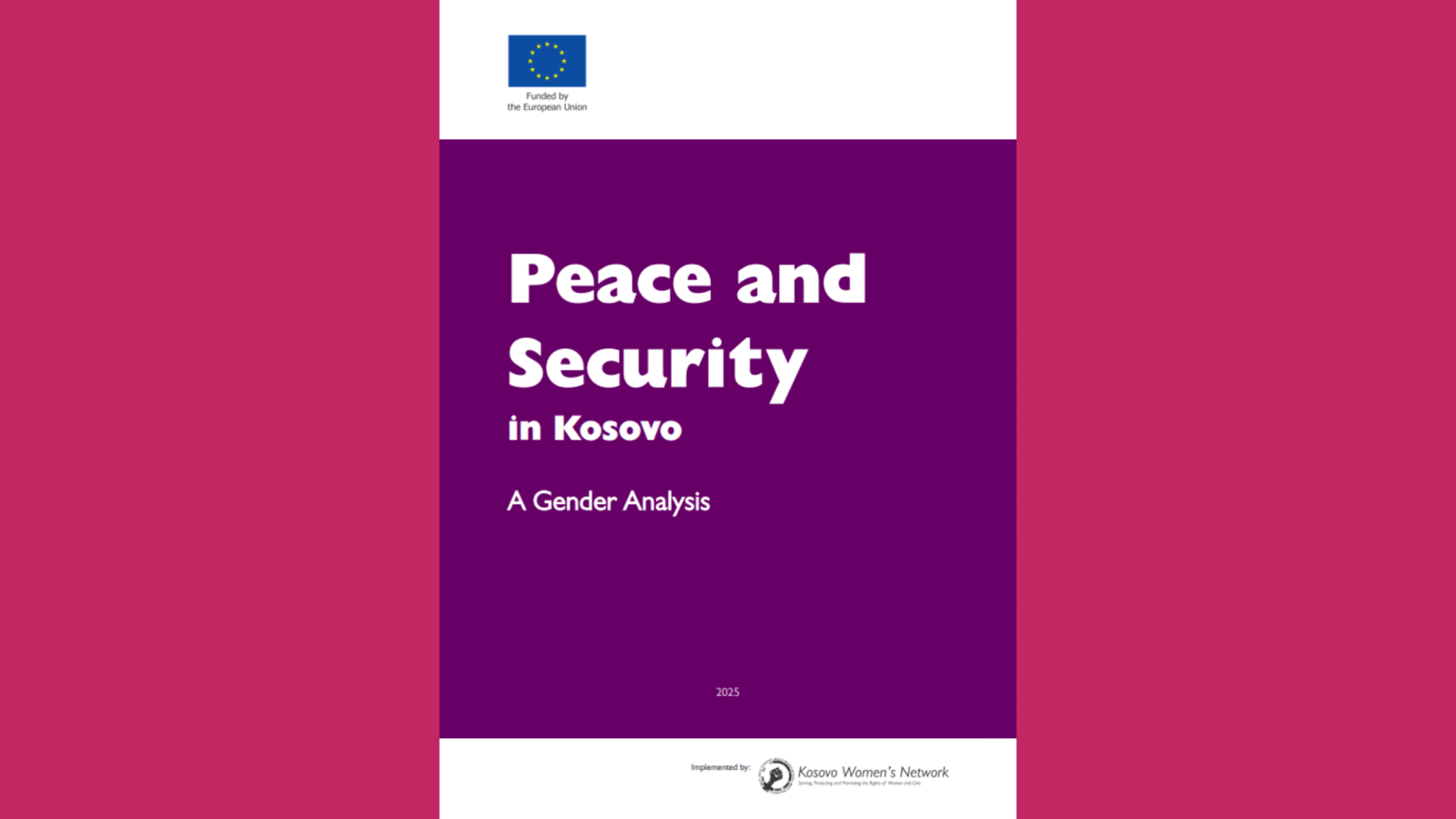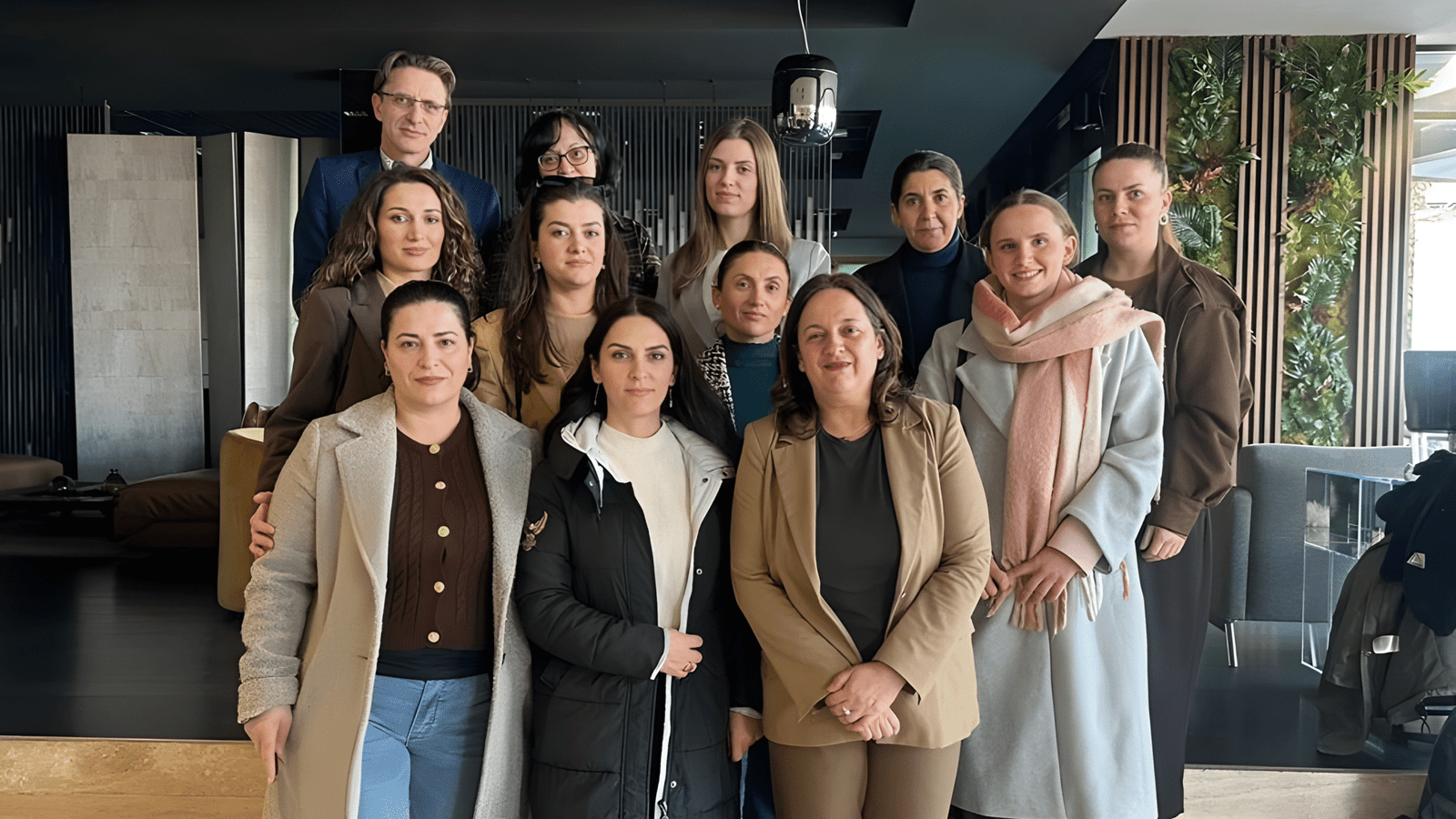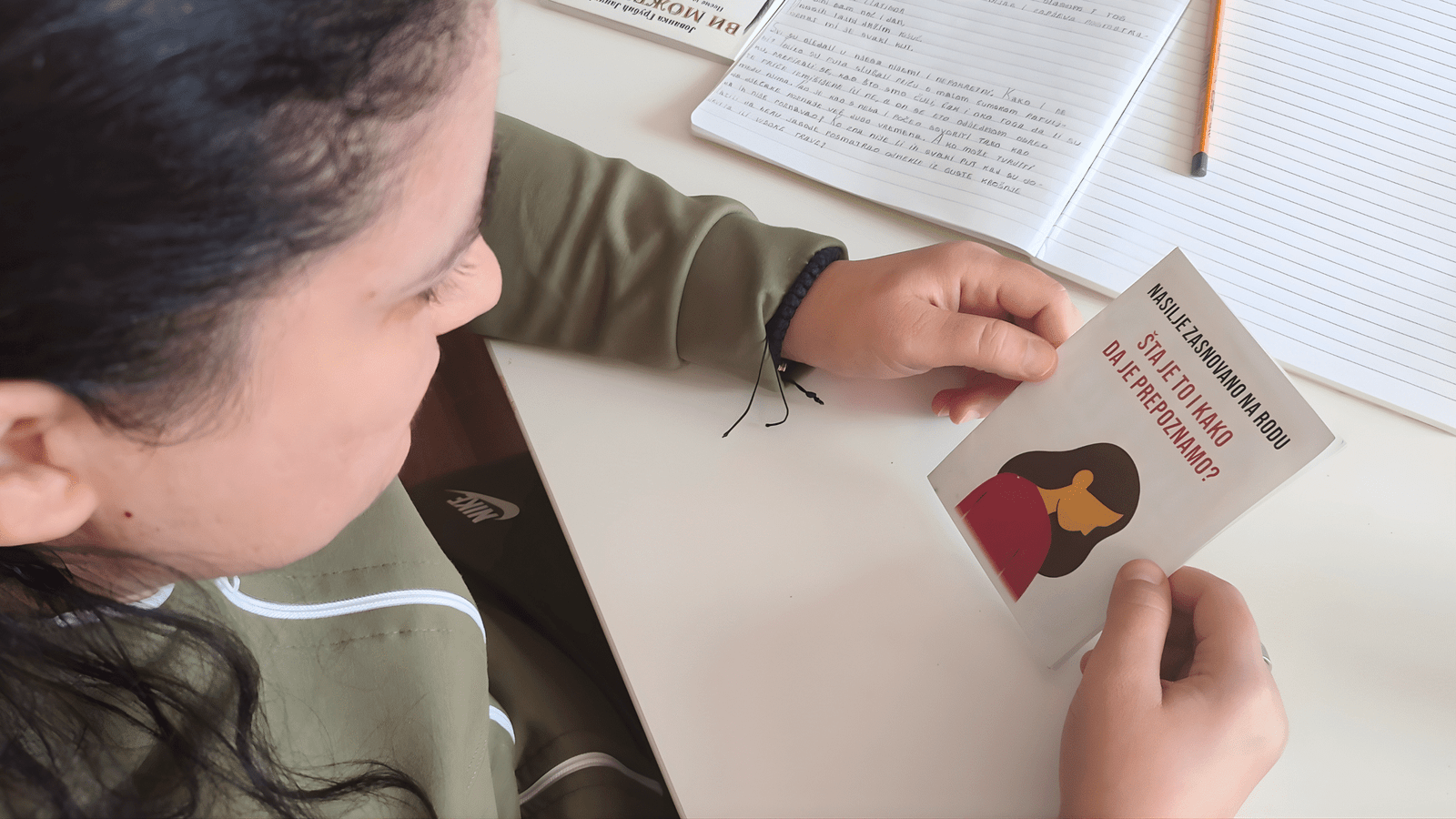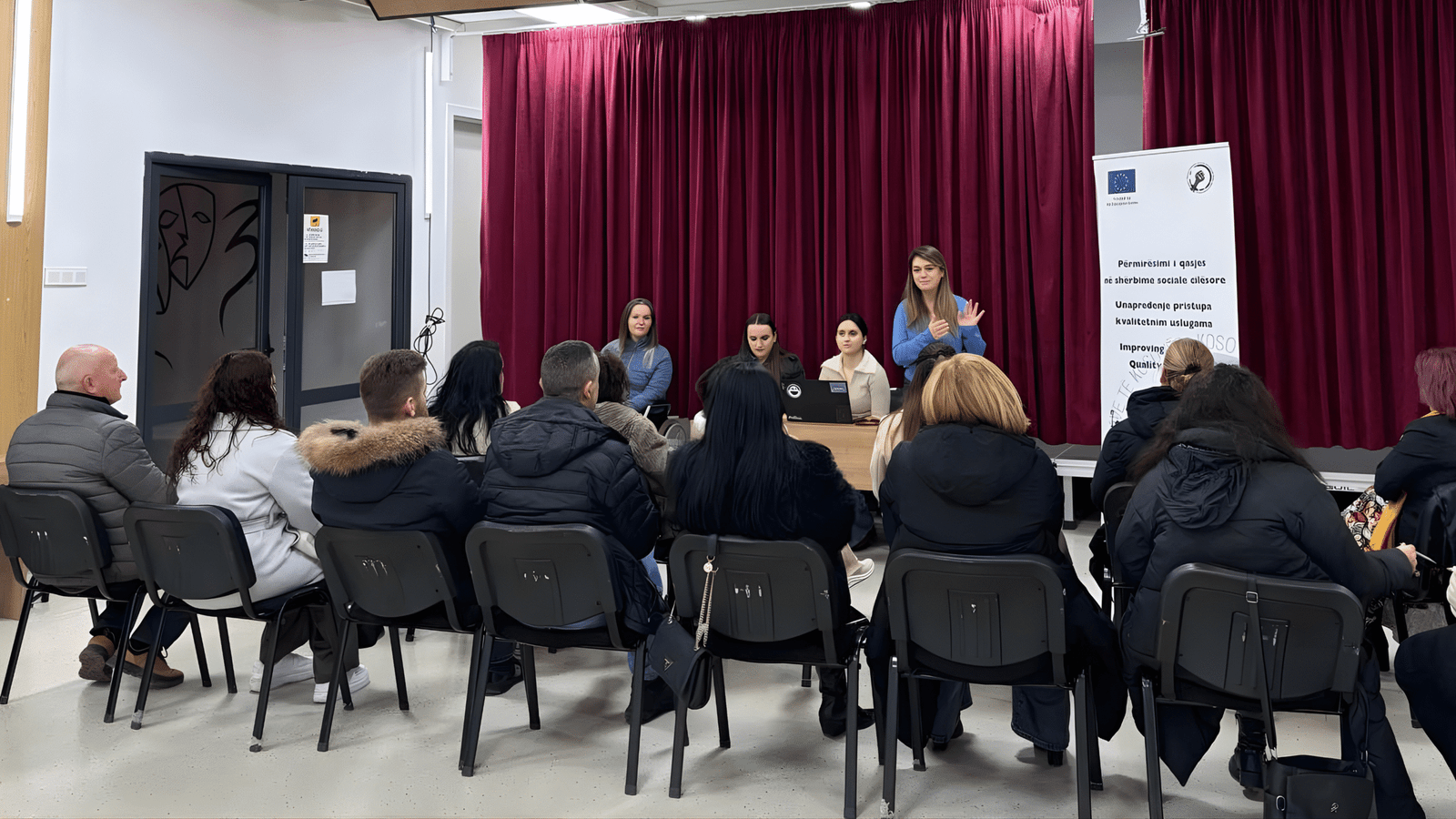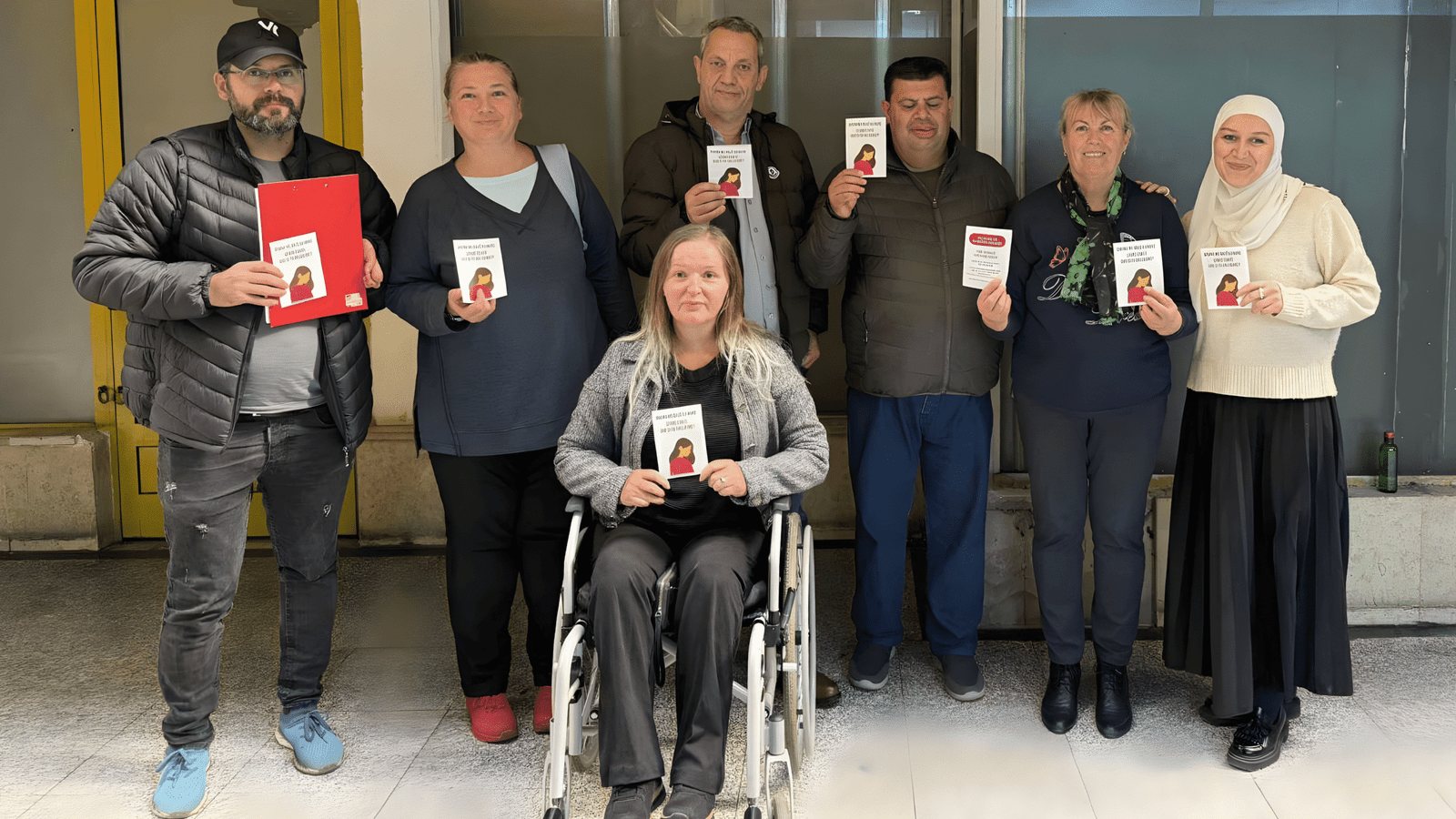The European Parliament Committee on Women’s Rights and Gender Equality (FEMM) and the Subcommittee on Human Rights (DROI) have asked Nicole Farnsworth, Kosovo Women’s Network Lead Researcher, to speak at the “joint exchange of views on violence against women in the Western Balkans and Turkey” held on 8 June 2017 in Brussels.
Several issues exist pertaining to violence against women. Therefore, following consultations with women’s rights activists throughout South East Europe, she spoke about four main issues:
- The weak institutional response to violence against women in most countries, including widespread “blaming the victim”; insufficient address of sexual violence and sexual harassment cases; a failure to prosecute some crimes ex officio; low sentencing; and weak inter-institutional case management.
- The shrinking space and decreased funding for women’s rights CSOs in the region, which hampers their ability to provide quality services, monitor institutions, and undertake advocacy related to violence against women.
- Diminishing sexual and reproductive health rights, such as restrictions on abortion imposed recently in some countries; insufficient access to education, counselling, and affordable reproductive healthcare, including contraception, particularly for vulnerable groups like Roma, the disabled and LGBTQI persons. She also will mention the continuation of sex selection in several countries, including Kosovo, whereby female fetuses continue to be aborted due to social preferences to have male children.
- Justice and reparations for sexual violence perpetrated during the war. She will ask for EU support in pressuring states to acknowledge crimes committed and to pay reparations to victims.
Overall, she asked EU parliamentarians for support in ensuring that addressing violence against women, in all its forms, becomes a political priority.
“Politicians (local and foreign) tend to prioritize so-called ‘high-level political issues’ over issues affecting people’s everyday lives, such as domestic violence and sexual harassment,” said Farnsworth. “Activists have long argued that peace is not merely the absence of war. How useful are borders or an army, if you do not have security within your own home, your own school, your workplace, your street; or if you still suffer the effects of sexual violence perpetrated during the war, because no apologies have been made, no services have been offered, no justice has been served?”
Farnsworth requested the EU’s continued political and financial support for addressing violence against women in the region, also emphasizing the importance of meeting and collaborating with women’s rights organizations directly.
Farnsworth participated in several other meetings while in Brussels, towards raising awareness regarding gender equality in Kosovo and the situation of women more specifically, including participation in European Women’s Lobby Conference events related to: “LOUD & UNITED to end Violence against women and girls”.
The Kvinna till Kvinna Foundation, financed by Sweden, has supported this initiative.


